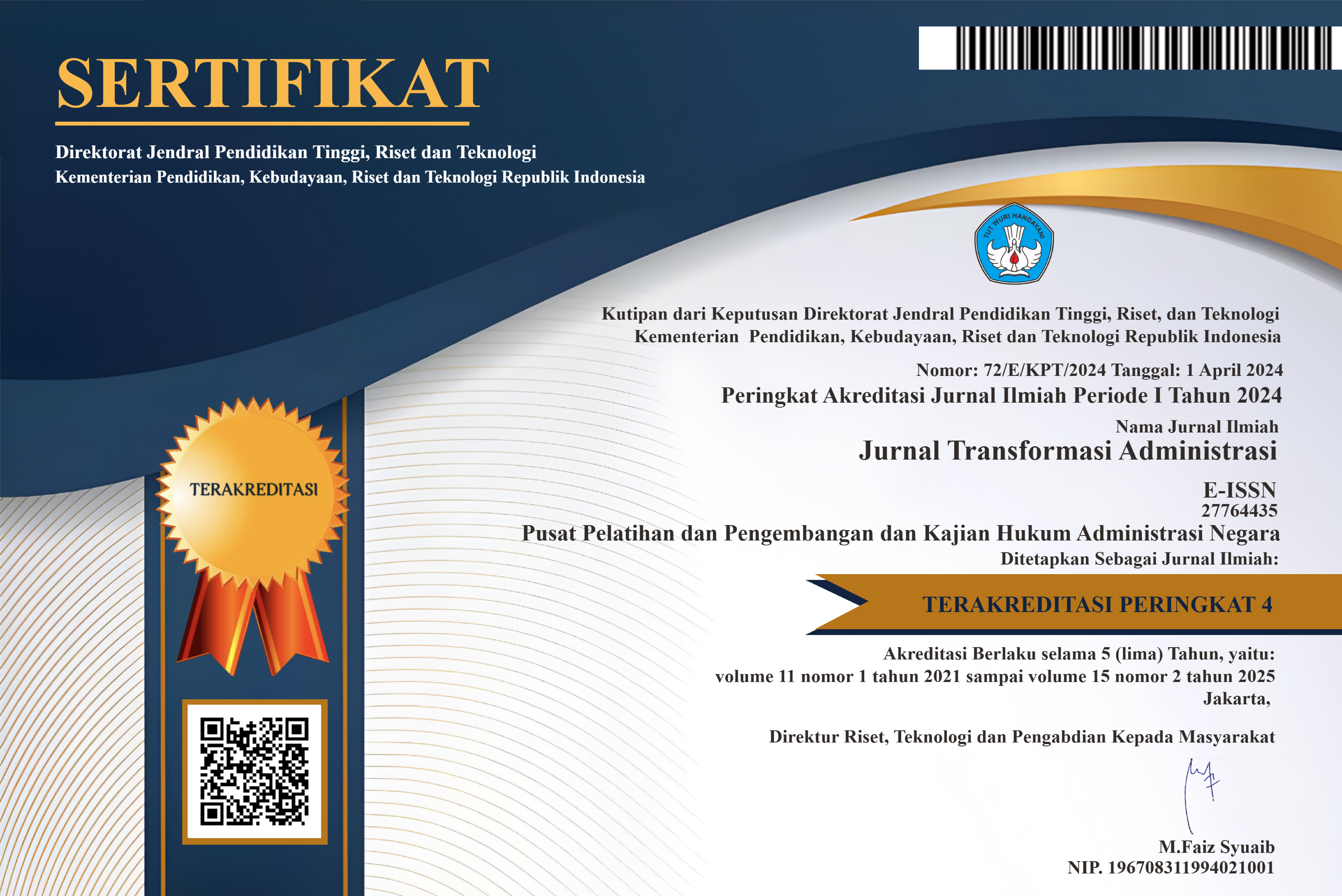The Impact Of Local Government Spending On Education, Health, And Poverty On The Human Development Index (Study On The Regencies/Cities In South Kalimantan)
Keywords:
human development, education spending, health spending, povertyAbstract
Human Development Index (IPM) is a composite index that covers three areas of human development which is considered the most fundamental aspects of physical and non-physical qualities including education index, health index, and the purchasing power index. This study aimed to analyze the effect of the education spending, health spending, and poverty. This study used secondary data from the entire population in 13 regencies/cities in South Kalimantan in 2004-2013. The data were processed by panel regression method. The results showed that government spending in the education sector, the government spending in the health sector and the number of poor people had significant positive effect on the IPM. Despite the positive effect of government spending for education and health on the IPM, the effect is still relatively small. The small effect may indicate that the use and allocation of those expenditures in health and education are not optimum.















